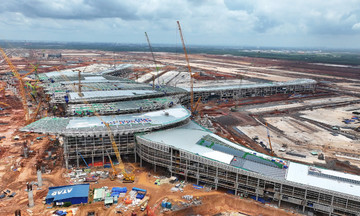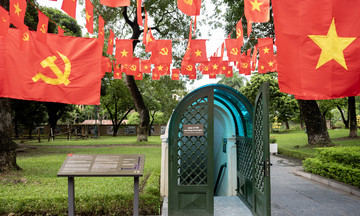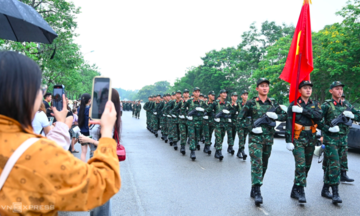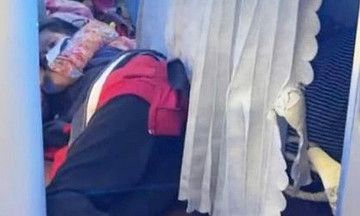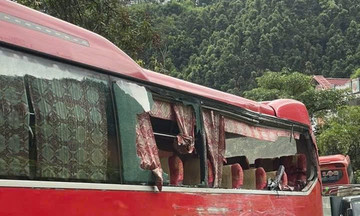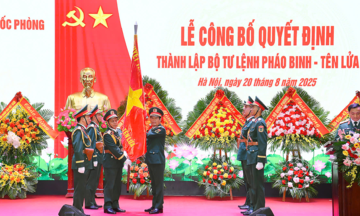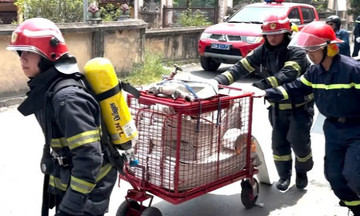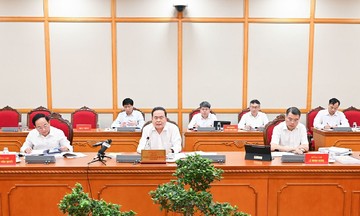On the afternoon of 9/7, the Vietnam Fatherland Front's central committee held a conference with presidents of provincial and municipal Fatherland Front committees to discuss the results of the organizational restructuring.
To consolidate its organization, the Vietnam Fatherland Front established the Fatherland Front Party Committee and central mass organizations. This is one of six party committees directly under the Politburo and the Party Central Committee.
President of the Vietnam Fatherland Front Central Committee, Do Van Chien, stated that the Party Committee currently has 25 party organizations with over 5,000 members. Along with the establishment of the Party Committee, the Politburo has approved the formation of four advisory boards for the Party Committee and the Youth Union.
By the end of 2/2025, the Vietnam Fatherland Front Central Committee had streamlined its structure from 284 units to 159. Staffing was reduced from 2,720 to 2,185, a decrease of 19.67%. As of 6/30, the advisory bodies of the Fatherland Front and the central socio-political organizations have 986 staff members. The number of departments and specialized units under the five agencies has been reduced from 36 to 19.
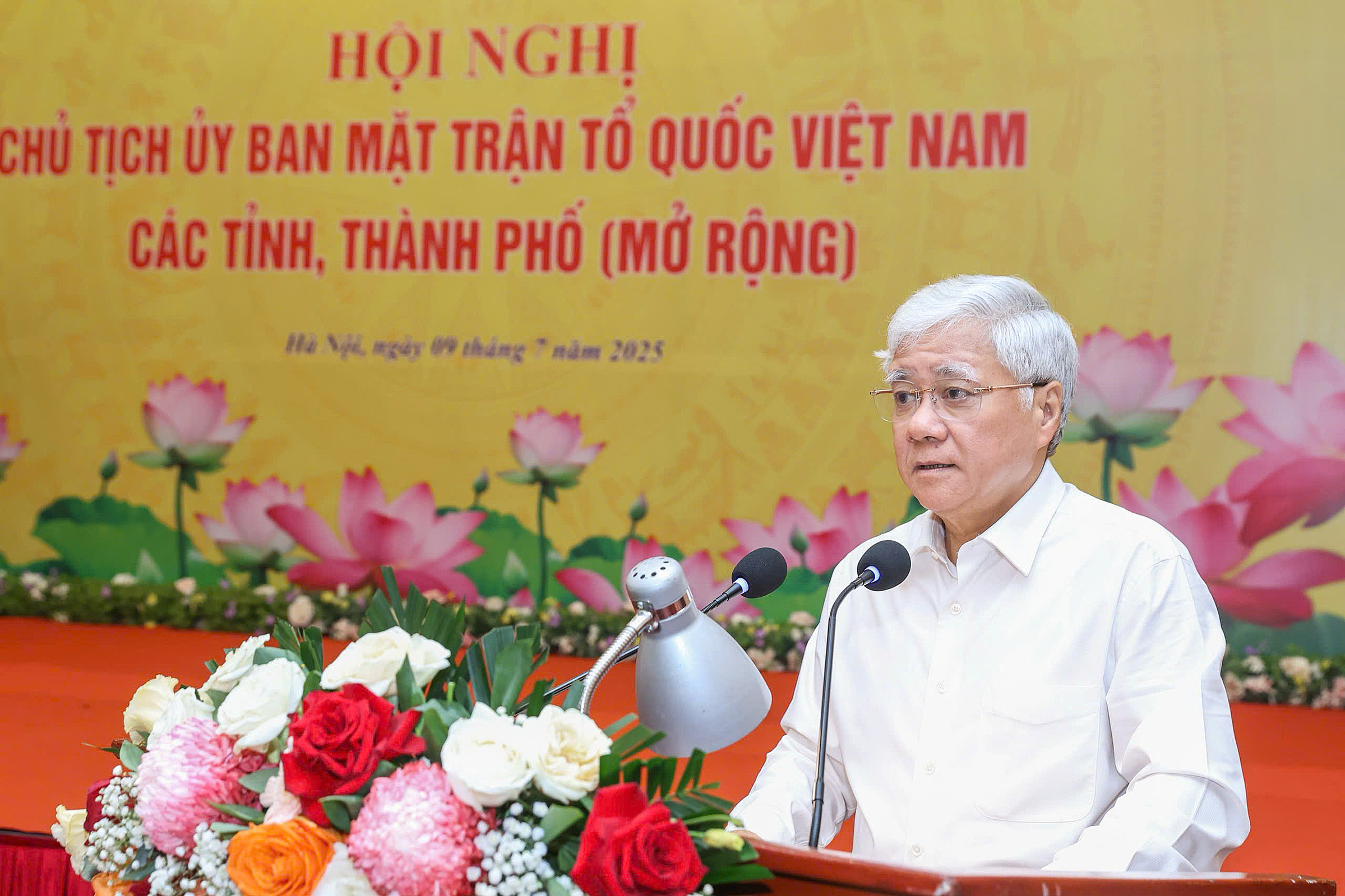 |
President of the Vietnam Fatherland Front Central Committee, Do Van Chien. Photo: Hoang Phong |
President of the Vietnam Fatherland Front Central Committee, Do Van Chien. Photo: Hoang Phong
At the provincial and communal levels, the Standing Committee of the Vietnam Fatherland Front Central Committee has issued 22 decisions to establish restructured Fatherland Front committees in 22 provinces and cities. They have also recognized over 3,000 committee members in 34 provinces and cities. Regarding the position of President, Mr. Chien said that 22 out of 34 Deputy Secretaries concurrently hold the position of President of the provincial Fatherland Front Committee.
Commenting on this, Bui Thi Thanh, former Vice President of the Vietnam Fatherland Front Central Committee, said the new structure has been formed and is operating smoothly. However, the Fatherland Front needs to address the difficulties faced by officials who have to relocate from one locality to another for work. Now that mass organizations are "under one roof" within the Fatherland Front, she believes it's crucial to overcome previous overlaps and limitations, while promoting the leading role of the Vietnam Fatherland Front and the proactiveness of the organizations.
The Vietnam Fatherland Front must strengthen its supervision of the implementation of legal documents that directly affect the legitimate rights and interests of the people. "Promoting the Fatherland Front's supervisory role in organizational restructuring will allow for recommendations to the Party and State to promptly address issues arising during implementation," Ms. Thanh stated.
Professor Nguyen Van De, President of the Vietnam Private Hospital Association, acknowledged that there were some public concerns during the restructuring process. However, he affirmed that people are now generally supportive and satisfied. All activities of the Fatherland Front system after the merger have become more systematic and compliant with the Party and State's guidelines.
Despite the achieved results, some issues remain after the merger, especially at the grassroots level. "Old-fashioned thinking, a sense of entitlement and privilege, and even manifestations of corruption are still lurking, waiting for a chance to resurface," Mr. De said. He emphasized that effective management requires officials to understand the people and act in accordance with the Party's spirit of service. The pioneering and proactive spirit of officials and party members needs to be further invigorated.
Son Ha



